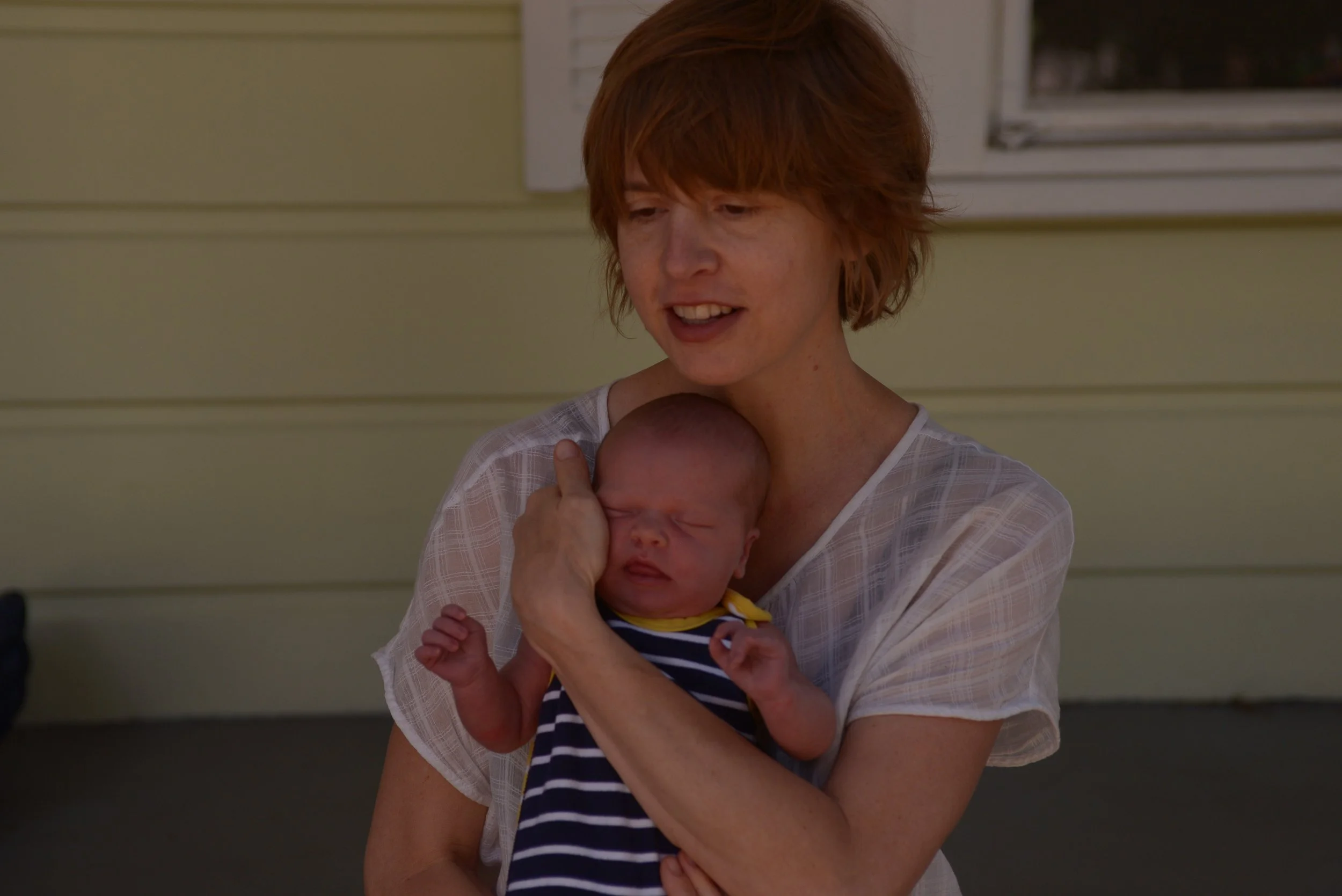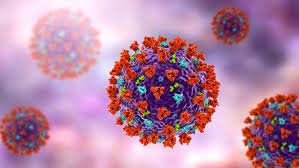Cinnamon Warms the Heart
When I first started studying Traditional East Asian medicine, it felt like if I studied hard enough, I could access the secrets of the universe.
"Mommy Thumb", or Why do I have so much pain postpartum?
Did you know there is also mommy back, mommy shoulders, mommy neck?
Why do I have pain since using Spironolactone?
Here in Los Angeles I treat a lot of adult patients taking Spironolactone for acne. None of them suspect that this commonly used medication is the reason behind their need to come and see me.
Why I Love to Treat Uterine Bleeding
My favorite things to treat are those that
Make a big difference to someone's quality of life and healthcare
Have limited treatment options in conventional medicine
Leave no doubt about whether or not treatment has been successful
The Signs and Symptoms I See and Treat After Covid Waves
Now that we are 4 years into the pandemic, I have noticed some patterns that come along with each Covid wave. After the acute infection, there are other lingering signs and symptoms easily treated with acupuncture and herbal medicine.
Here is my list:
Joy and Ease in Your Postpartum Phase
“I was hanging by a thread, and then I fell.” —A real live patient describing her last postpartum experience
“I didn’t even realize I was depressed until 5 months went by and I looked back. I remember sitting in the dark, alone, scared to move because I didn’t want my baby to wake up and start crying again.” —Another real life postpartum experience described to me by a loved one.







